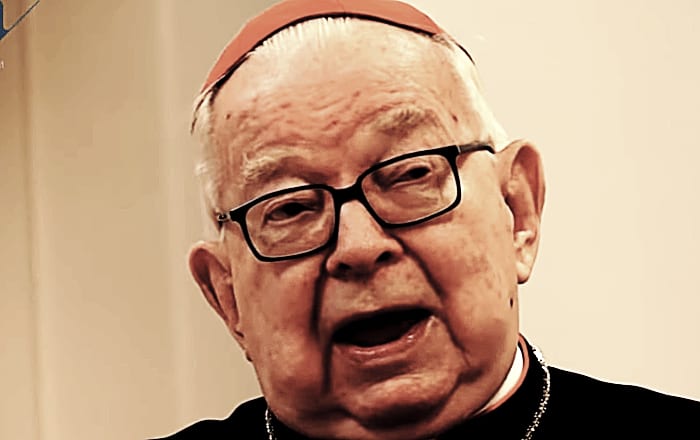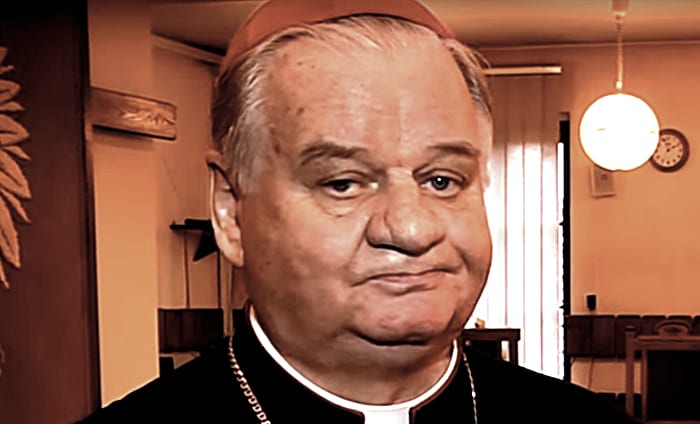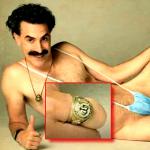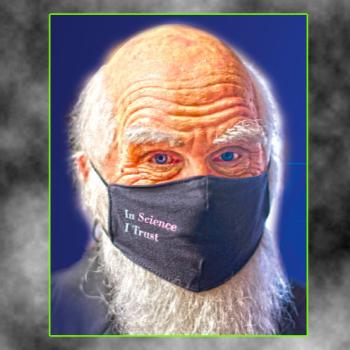
CARDINAL Henryk Gulbinowicz of Wrocław, above, has been banned by the Vatican from public ministry, public appearances, and the use of priestly insignia in what Catholic news outlet Crux describes as ‘an unprecedented move.’
A Vatican statement said the decision came as:
A result of inquiries into accusations against Cardinal Henryk Gulbinowicz, and after analysing other charges concerning his past.
Although the Vatican statement didn’t give details of why Gulbinowicz was being punished, it said the retired cardinal was required to hand over cash to the St Joseph Foundation, established by the Polish Bishops’ Conference to help victims of sexual abuse.
Father Rafał Kowalski, the spokesman for the Archdiocese of Wrocław, told Crux the move was:
A sign that things are not swept under the carpet in the Church and that there is no reduced tariff for anyone. People were hurt, and this is the moment to tell them we’re sorry.
The extent of abuse within the Polish church was exposed in documentary – Tell No One – posted to YouTube in May 2019 by filmmakers, Sekielski Brothers. The film documented a history of abuse and cover-up in the country and was viewed by more than 2.5 million people in less than 24 hours.
Soon after its release, an alleged victim using the pseudonym Karol Chum posted on Facebook that he was abused by Gulbinowicz, but never reported it to the Church authorities. However, after the archdiocesan offices were made aware of the post, they contacted the alleged victim, and he eventually filed an official canonical complaint against the cardinal.
He was allegedly abused by Gulbinowicz when he was a 15-year-old student at the Franciscan Minor Seminary.
His case was turned down by the state prosecutor in 2019, due to the statute of limitations. The Church proceeded with its own investigation, which ended with the disciplinary measures announced on Friday.
Father Piotr Studnicki, head of the Child Protection Office of the Polish Bishops Conference said:
The fact that we know publicly what penalty was imposed on the cardinal is a game changer. People need to know whether the case was solved and what is the truth.
He added that it is a visible sign of change in the communications strategy surrounding high-profile cases in the Church.
Gulbinowicz was an important figure in the communist-era Church in Poland. He became a Archbishop of Wrocław in 1975, and he was the one who hid the funds of the local branch of Solidarity when martial law was about to be imposed on the country in 1981.
Four years later John Paul II made him a cardinal. He resigned as Archbishop of Wrocław in 2004.
Honoured by the Polish government
The Polish government also honoured Gulbinowicz. President Lech Kaczyński decorated the cardinal with the Order of the White Eagle, and Poland’s Institute of National Remembrance, IPN, called him “the unbroken cardinal” in light of his anti-communist activities.
However, historians at the IPN later discovered a darker history about the cardinal in the state archives.
Professor Rafał Łatka, a historian at the IPN said:
Before I studied the secret service documents, it seemed like Gulbinowicz was a positive hero.
Łatka and co-author Filip Musiał will later this month publish a new book on the cardinal called Dialogue Needs to be Continued. Operational Conversations of Communist Secret Service with Cardinal Heryk Gulbinowicz. A Case Study.
Even if Gulbinowicz wasn’t an official agent of the communist secret service, historians claim his dealings with the Służba Bezpieczeństwa (SB) – the communist secret service in Poland – for 16 years were harmful to the Church.
The professor also said the SB had information on Gulbinowicz’s homosexual relationships.
Several Polish priests confirmed in conversations with Crux that Gulbinowicz’s homosexuality was an open secret in the Church in Poland.

The action taken against Gulbinowicz follows the recent removal of Bishop Edward Janiak, above, from the Diocese of Kalisz after allegations he covered up clerical sexual abuse were made earlier this year in Hide and Seek, a second documentary produced by the Sekielski Brothers. It has been viewed over seven million times.
Janiak was a priest in Wrocław and served as an auxiliary bishop of the archdiocese under Gulbinowicz. In addition, the cardinal was a close friend of Archbishop Józef Kowalczyk, a Polish Vatican diplomat who served as Apostolic Nuncio to his homeland from 1989-2010. Kowalczyk later served as Archbishop of Gniezno from 2010-2014.
Journalist Tomasz Terlikowski said the sanctions against Gulbinowicz will cause an earthquake in the church in Poland. He said in a Facebook post:
Now the actions of Archbishop Józef Kowalczyk should be looked at through a magnifying glass by the Vatican.
Another close collaborator of Gulbinowicz was the recently retired archbishop of Gdańsk, Sławoj Leszek Głódź, who stands accused of covering up clerical sexual abuse in his archdiocese, and an inquiry has been launched under the rules of Vos Estis Lux Mundi, the Vatican’s new anti-abuse legislation which came into effect last year.
Terlikowski wrote:
The history of bishops – including those that were dying as heroes – will be written anew. A very hard time is ahead of us.

The Catholic News Agency adds that on October 9, the archdiocese of Kraków announced a Vos estis investigation into another Polish bishop, Tadeusz Rakoczy, 82, above. The archdiocese said that the Pope had authorised Archbishop Marek Jędraszewski of Kraków to conduct an inquiry into negligence claims against Rakoczy concerning abuse cases involving two priests in Bielsko-Żywiec diocese.
According to The National Catholic Reporter, a survivor of clerical abuse, Janusz Szymik, now 48, informed Rakoczy that he had been abused more than 500 times, beginning in 1992, by a priest named Fr Jan Wodniak. The village in which Szymik was abused over a period of five years became part of a new diocese, Bielsko-Zywiec, which was established by Pope John Paul II.
It was headed by Rakoczy, one of the Holy Father’s closest associates.
Szymik said:
In 1993, I went to Bishop Rakoczy, hoping that he would be on the side of the victim, not the abuser. I wrote down my memoirs from the period of 1984 to 1989. Neither the bishop nor anyone else from the bishop’s curia ever contacted me about this matter.
When Szymik found out that Rakoczy did not intend to take any action in this matter, he decided to report to the prosecutor’s office, although he also encountered the influence of his tormentor there.
Immediately after giving the testimony, my boss at the time visited me and ordered me to withdraw it … I did so because I was afraid of losing my job.
Rakoczy served as bishop of Bielsko–Żywiec from 1992 until his retirement in 2013.
When the Vatican embassy published the statement on Gulbinowicz on Friday, the cardinal was informed about the decision, but the archdiocese said his state of health meant he was probably unaware of what had just happened.
Commenting on this latest development, Keith Porteous Wood, President of the National Secular Society, said:
The Pope is belatedly getting the message that he does need to react to abuse or covering up among the hierarchy. But he still holds back from requiring it be reported to the civil authorities and also stripping offenders of their clerical titles and status. Such leniency compounds the abuse suffered by victims.

 I’d love a cup of coffee
I’d love a cup of coffee








